This is a repost from our Choshen Farm blog. I'll probably write more about our nutrition outings, so I figured this would provide good background. Enjoy!
Our summer volunteer Kaytlin, (a Nutrition student at Cornell,) and I have been traveling the world over (or so it feels) doing nutrition related outreach at under five clinics, giving health talks and holding workshops. The majority focus has been on children under the age of five. Research has shown that for children in highly impoverished areas, if they reach their fifth birthday, their likelihood of surviving into adulthood goes up dramatically. And so, maternal and child nutrition has been our focus for the past six weeks straight – and we’re not done yet!
Day after day, we’ve been weighing babies and talking to mothers, drawing brightly colored flip charts and putting on cooking demonstrations. We have been busy – that’s for sure – but this is not busy work. According to UNICEF, 45% of all children in Zambia are chronically malnourished to the point of stunting. 28% are underweight. The consequences of such malnutrition are blatantly obvious; and everywhere we go, we are met with the pain behind those cruel statistics.
Malnourishment compromises a child’s immune system making him more susceptible to infectious diseases. Nutrient deficiencies and infection over a period of time result in bone growth retardation and permanent stunting. Twelve year olds look like they are six, six year olds look like they are three. The effects are often quite drastic. The cognitive implications of chronic malnutrition are equally severe. Decreased IQ, memory deficiency, reduced language development and reduced problem-solving abilities are all consequences linked to malnutrition.
It is heartbreaking, to say the least, to put a two year old child in the hanging scale and discover that she weighs the perfect amount… for a six month old baby. What will her life be like? If she hasn’t started walking yet, will she? Will she have enough problem-solving skills to navigate the waters of risky behaviors and keep herself HIV free? Or will her body eventually get tired of fighting and just give up? How can we help?
How can we help. This is the question that MUST be answered. There are moral implications to knowing all that we do about malnutrition and its devastating effects on a child’s life. Knowing that if a child continues down the same path he may never talk, will suffer from disease, will remain vulnerable and may even leave this earth pre-maturely – do we really have the option to just sit by and watch?
It only takes three verses to answer this question:
| |||
| |||
| |||
We believe we will be held accountable if we look the other way, if we consider it less missional - “mere humanitarian work” – to ignore the spiritual implications of unhealthy, underdeveloped, oft-neglected children.
The meaning of justice is simply “to make right.” Surely it is only right that mothers be able to feed their babies, that kids grow well as they were designed, that every life reach its full potential, and that all may have the strength of body and clarity of mind to glorify God with all that they are. To seek this end, is this not an acting out of the Micah 6:8 command to seek justice, and to love mercy and to walk humbly with your God?
Certainly, weighing babies is not busy work, its holy work, and we pray for wisdom as we respond to the needs before us, for the good of the people and to the glory of God.

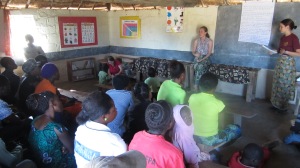
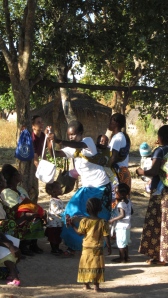
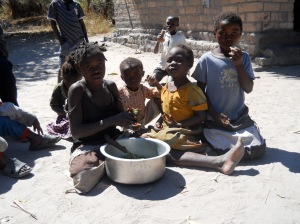
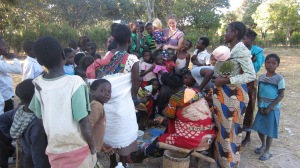
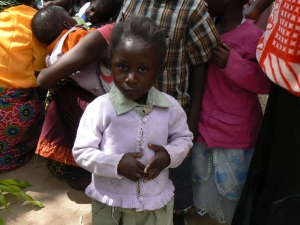
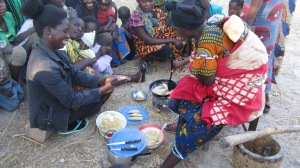
This comment has been removed by a blog administrator.
ReplyDelete